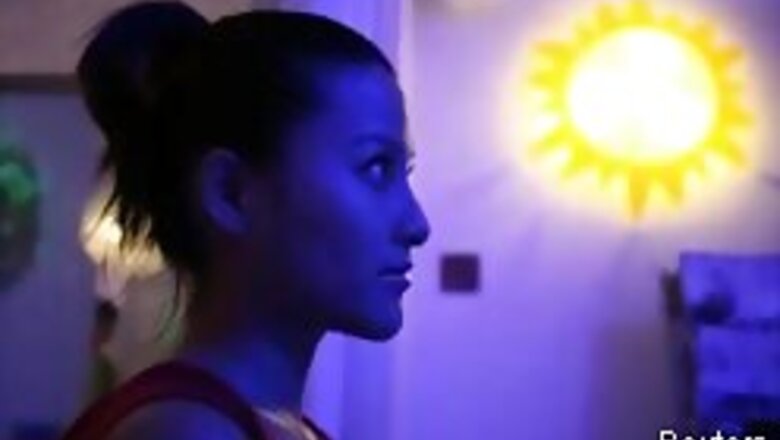
views
Boston: Scientists say they have discovered a cream that may ward off skin cancer by tanning skin a golden bronze without exposure to the sun.
Tests so far have been confined to mice, but researchers at the Dana-Farber Cancer Institute and Children's Hospital in Boston say the findings would mark a seismic shift in the biology of tanning if the cream was determined to be safe for humans.
Unlike sunless tanning lotions that color the skin, the cream alters skin pigmentation much like a suntan.
The more days it was applied, the darker the skin became. A heavy application over more than a week left some mice nearly black.
The mice experienced no dangerous side effects, scientists said.
And researchers said the findings suggest people may be able to change their skin pigmentation to ward off skin cancers like melanoma, the world's fastest-growing cancer.
"We just kind of smeared it on once a day, five days a week. Within a couple of days you could clearly see they were becoming darker," said David Fisher, director of the Melanoma Program at Dana-Farber and senior author of the study published in the journal Nature on Thursday.
The cream "switched on the tanning machinery" in mice skin cells that were genetically designed to resemble those in blond and redheaded people, the study said.
People who tan easily, or have naturally dark skin, are far less likely to develop skin cancer than those with fair skin, the study said.
This was a point which Fisher said underlined its potential significance in reducing cancer rates at a time when more fair-skinned people are living in sun-belts like the southern United States, Australia and the Middle East.
In the United States, melanoma accounts for 62,000 new cases of cancer a year and nearly 8,000 deaths, according to the American Cancer Society.
The molecule at the heart of the cream recreates a process that occurs naturally when ultraviolet sunlight strikes skin cells. The cells respond differently depending on a person's skin type.
"Our strategy turns on pigment but doesn't touch the DNA," said Fisher. "This actually may represent a broader strategy to prevent the damage that UV causes in the skin, shielding the skin in ways that traditional sunscreens cannot."
The next step, he said, is to test it on humans to see whether ultraviolet light follows the same path to stimulating pigment change as in the mice, which have thinner skin.
"You could give this drug as much as you wanted," he added. "It could get to a point where it would literally turn the skin a very dark brown/black."
However, he said that a number of hurdles remain before determining whether it was safe for humans, including whether it would cause side effects. "The initial glimpses look promising but it's early still," he said.














Comments
0 comment